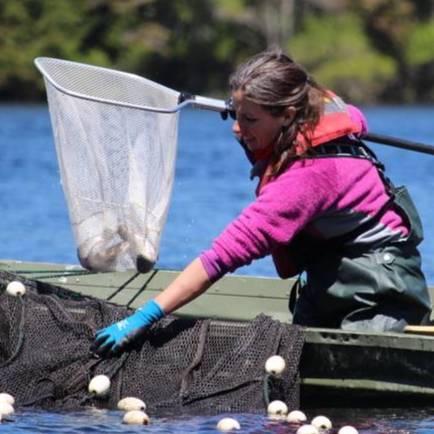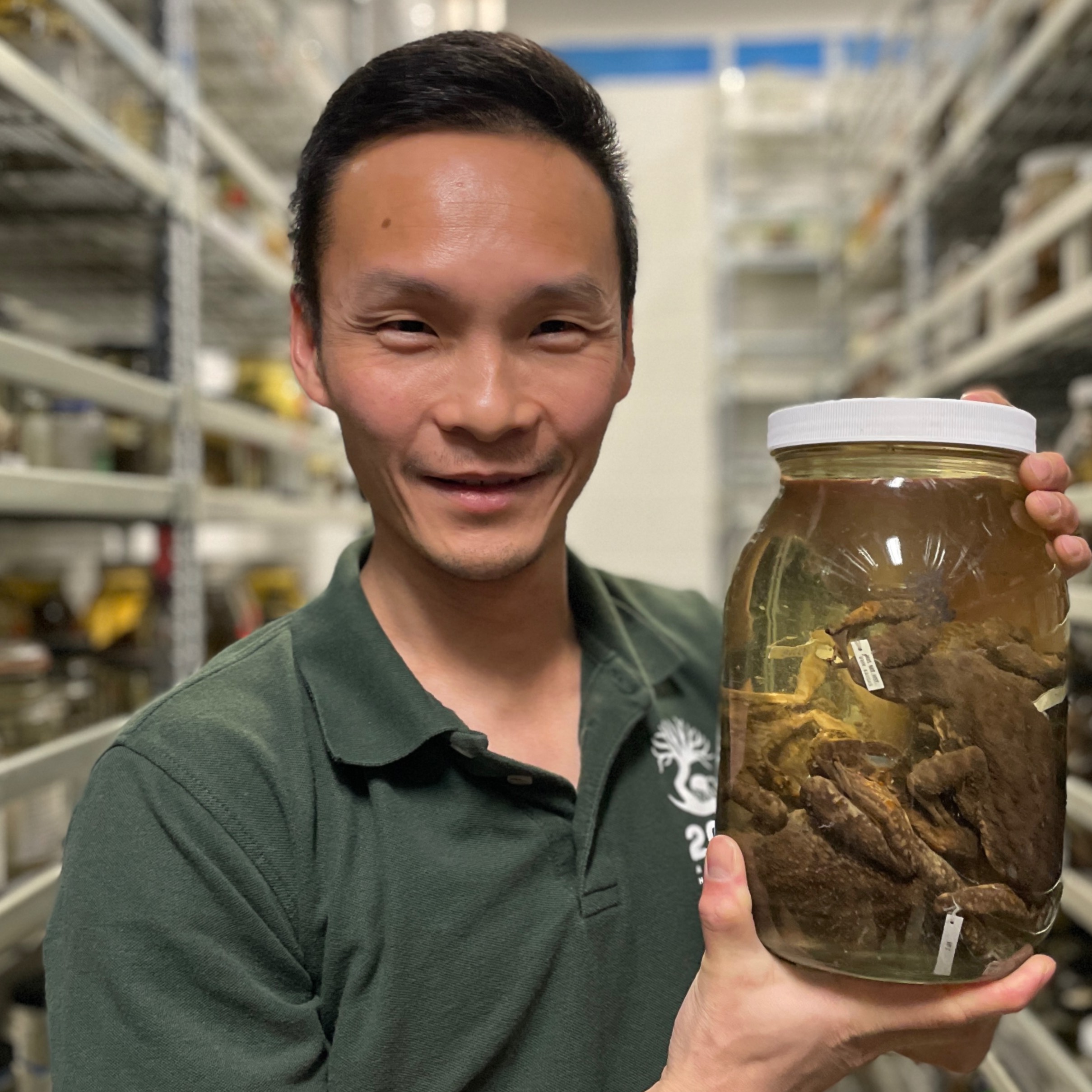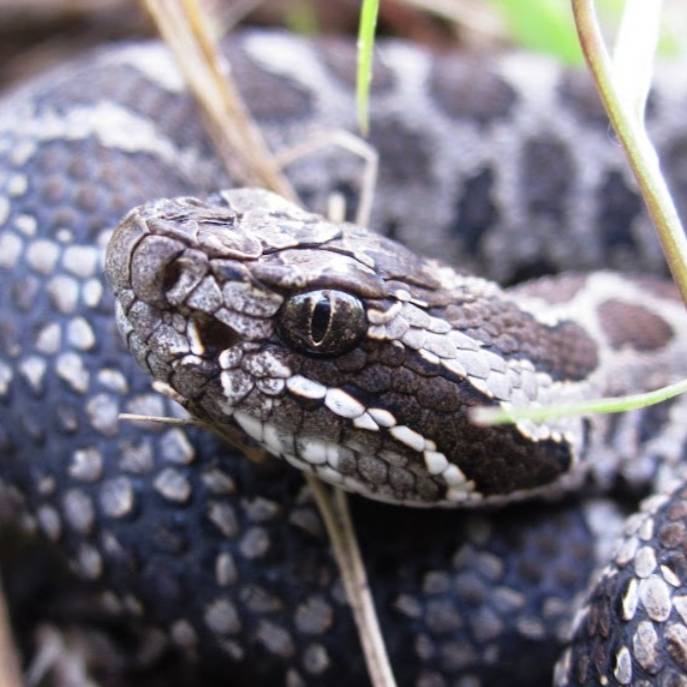Michael Kuczynski: Pursuing His Passions
“It was at University of Minnesota where I was first exposed to the field of behavior ecology, and I was immediately hooked. Studying how and why animals behave the way they do seemed fascinating to me, and I knew it was something I wanted to pursue in my academic endeavors. As an undergraduate I spent three years working with Dr. Mark Bee, becoming deeply engaged in the culture of the research lab. I quickly realized that following graduation, I wanted to pursue graduate school.”
Consequently, Michael came to Michigan State University as a doctoral student in the lab of Dr. Tom Getty, located at the W.K. Kellogg Biological Station (KBS). According to Michael, “Tom was a great advisor, providing his graduate students enough freedom to pursue whatever research questions we were most passionate about. I quickly decided that since I had such a positive experience as an undergraduate studying communication and sexual selection in the gray treefrog, I would continue that trajectory of research.”
For his doctoral research, Michael chose to elucidate individual variation in sexual signaling and sexual selection in gray treefrogs (Hyla versicolor). In particular, he investigated how individual characteristics (i.e., size, physical condition, and age) influenced male calling behavior and female mate choice across a variety of ecological contexts. Michael successfully defended his dissertation on March 24, and he proudly donned his graduation regalia in May 2016 to make his Ph.D. in Zoology official.
Michael reflected, “Michigan State University provided me with the tools and opportunities to become a great teacher. In particular, working with the GK-12 program at KBS was an incredible experience that fostered an appreciation for the need to bring creativity and enthusiasm to all my teaching endeavors.” Because of these experiences, Michael found teaching to be one of the most rewarding academic endeavors he has experienced. Consequently, he has accepted a position as a non-tenure track assistant professor at Truman State University in Kirksville, Missouri. His primary responsibilities will include teaching introductory biology lectures and labs, including courses that are intended for non-science majors. “Teaching provides a unique opportunity to have a profound influence on future generations of scientists. Great teachers can ignite a student’s curiosity and instill a desire to learn.”



